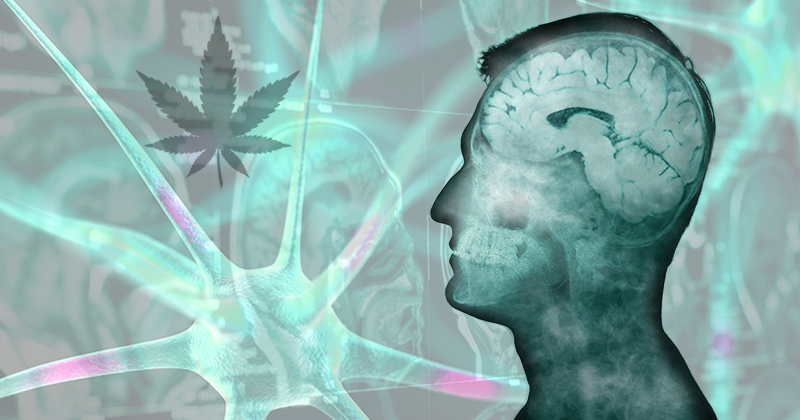JAMA study finds overstated cognitive deficits in past cannabis studies on youths
A systematic review published online on April 18 in the JAMA Psychology Journal presents concerned parents with a positive insight into the cognitive effects of cannabis on young brains.
Is frequent or heavy cannabis use associated with cognitive dysfunction in adolescents and young adults?
This was a key question for the review and the findings revealed a “small but significant overall effect size for reduced cognitive functioning in adolescents and young adults who reported frequent cannabis use.”
 The data was gathered from the years 1973 to 2017 by researchers at the University of Pennsylvania’s Perelman School of Medicine.
The data was gathered from the years 1973 to 2017 by researchers at the University of Pennsylvania’s Perelman School of Medicine.
Information used for the review was gleaned from 69 separate studies of cognitive function in 2152 cannabis users and 6575 comparison participants.
“Results indicate that previous studies of cannabis in youth may have overstated the magnitude and persistence of cognitive deficits associated with use,” reads the study from JAMA Psychology Journal.
Each participant’s age and the time from which they started consuming cannabis did not have a direct effect on the results.
However, studies on the cognitive effects of cannabis on youths that required a 72-hour abstinence period had an effect size that did not differ much from 0.
“Although continued cannabis use may be associated with small reductions in cognitive functioning, results suggest that cognitive deficits are substantially diminished with abstinence,” confirmed the authors.
What exactly does this mean, you ask?
Well, puffing the herb when the human brain is still in development will not make you much less smart than if you decide not to light up in the early years. Should there be some kind of cognitive effect associated with smoking cannabis, it dissipates after three days.
Although this study spotlights cognitive impairment, it is important to mention that certain studies found a link between early cannabis use and an elevated risk of psychosis.
Even though alternative outcomes, such as psychosis, were not investigated in the studies, the JAMA paper tells us how former studies of cannabis consumption in youth may well have misrepresented the scale and continuity of cognitive deficits linked to cannabis use.
The literature review on the cognitive effects of cannabis on youths has grasped the attention of the pro-legalization cannabis community.
“These findings should help to assuage fears that cannabis’ acute effects on behavior may persist long after drug ingestion, or that they may pose greater potential risks to the developing brain,” said NORML’s deputy director, Paul Armentano.
Continued longitudinal research could prove beneficial for defining the extent to which preexistent differences and/or heavy cannabis use during adolescence influences to the development of cognitive impairment as an adolescent.








